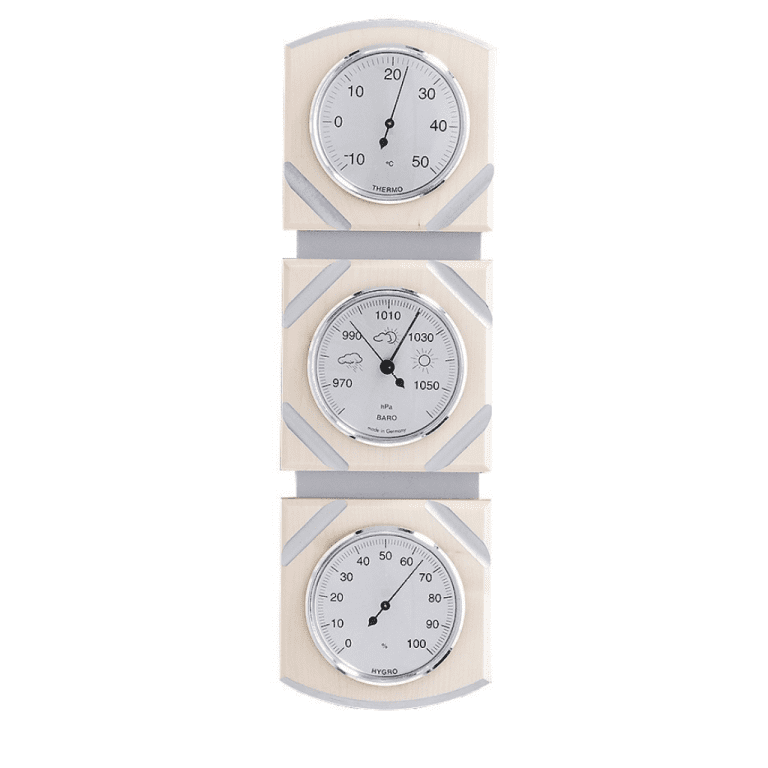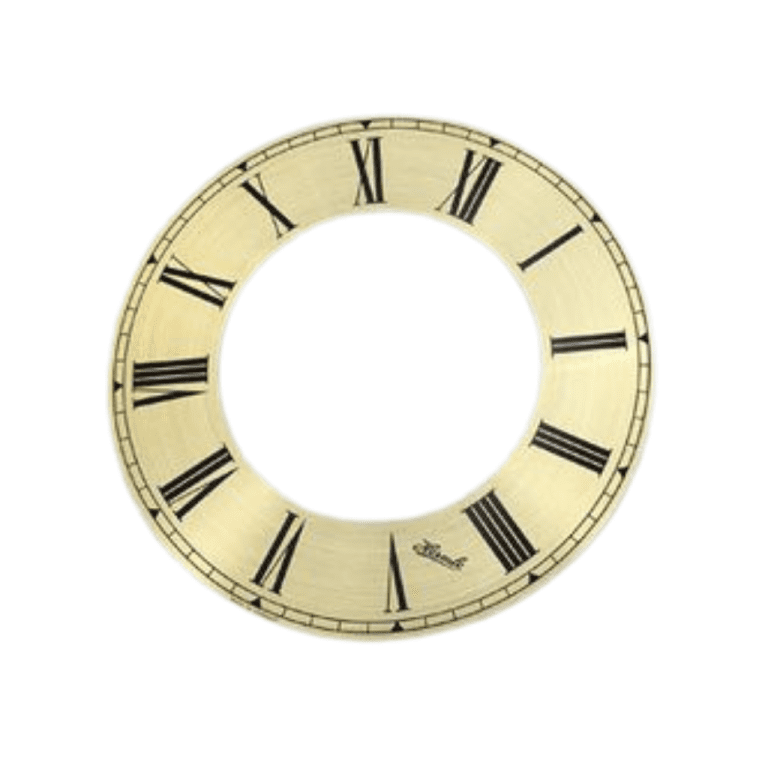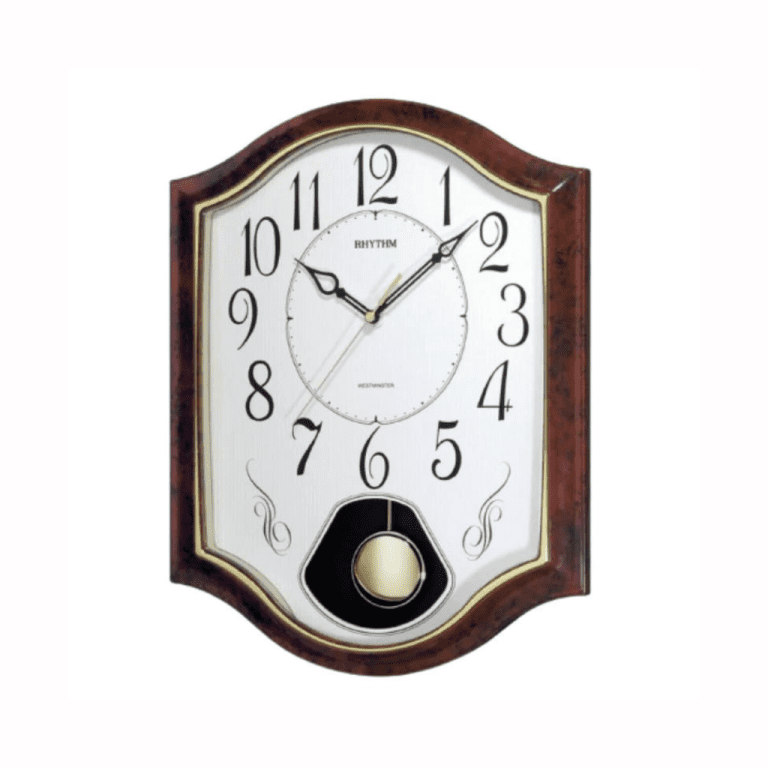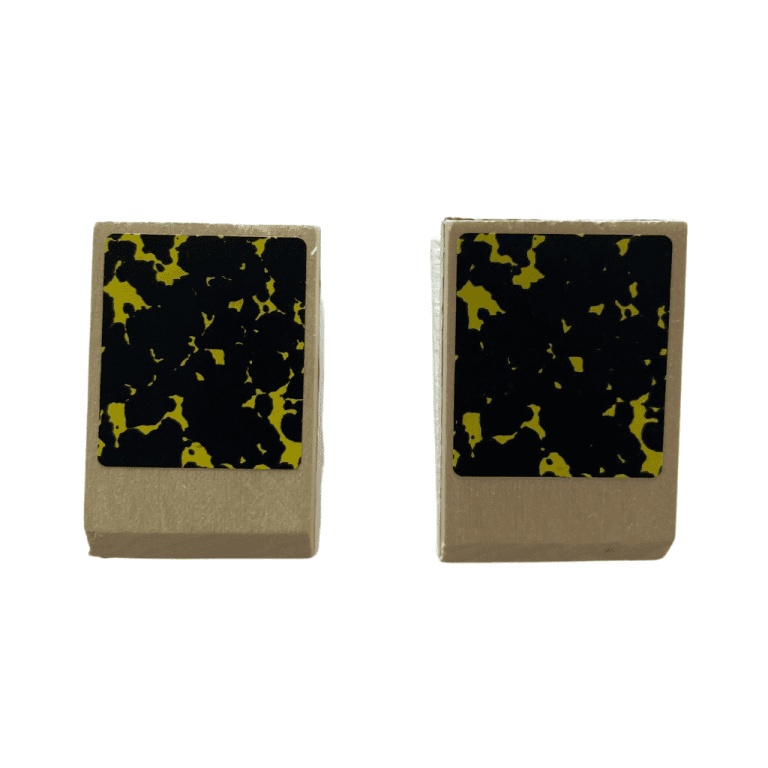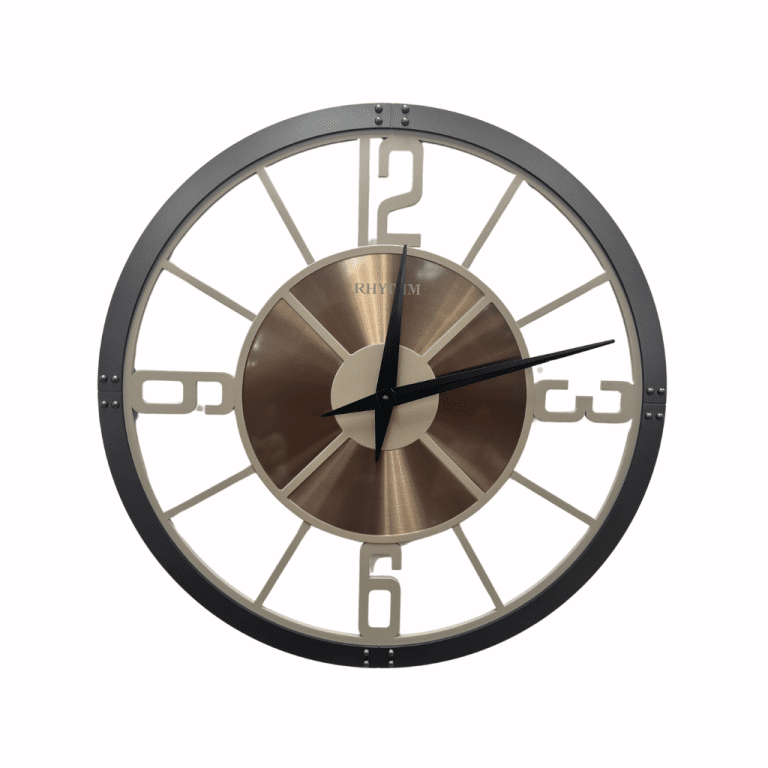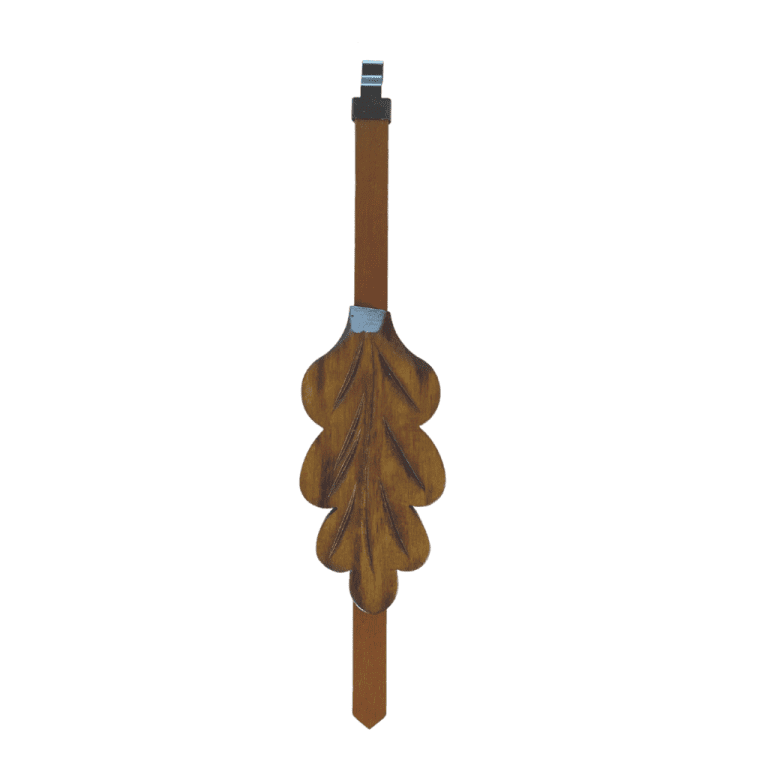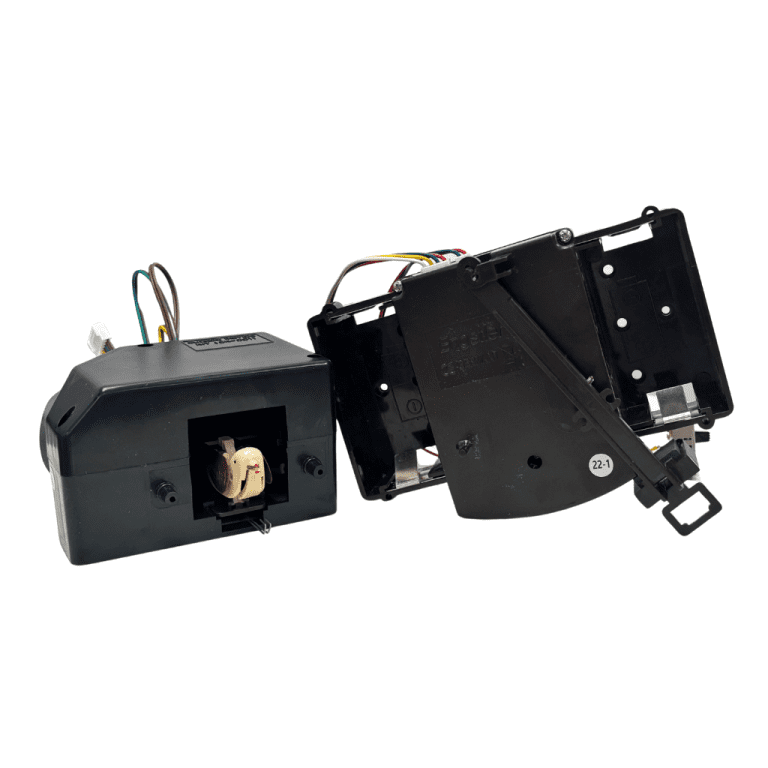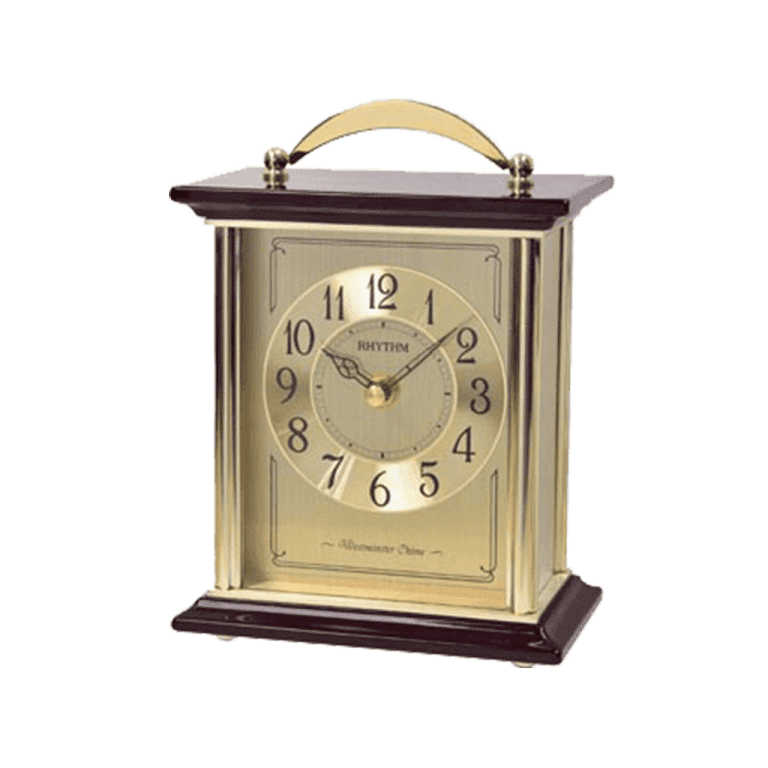Clocks are elegant, sentimental timepieces that can last for a very long time with the right amount of care and maintenance. To get your clocks to last as long as possible, here are some tips to follow.
Taking Care of the Brass Components
Many clocks are made with components of brass which can be delicate and should only be cleaned with a soft cotton-based cloth. Using any abrasive cleaners or sprays will cause damage to the clock, so avoid these at all times. This goes for polish as well. When you need to touch any brass parts, it’s important to thoroughly wipe away any smudge marks or fingerprints to remove the oils from your hands. Clocks can easily ruin when oil and polish get into the inner workings of it, which is why we recommend leaving it to a professional to avoid damage, especially if it’s a valuable, sentimental piece.
Taking Care of Glass Components
If you’re using a glass cleaning product, do not spray it directly onto the glass surface. This can create a cloudy effect on the clock. Make sure to spray it first onto a clean, soft cotton cloth. An old pillowcase or cotton t-shirt can work well too. Wipe the cloth gently along the surface to clean. Avoid any glass that has unique finishes such as stencils or decals.
Dusting
If you need to dust it, don’t use any cleaners that contain wax. Like always, use a clean, soft cloth.
Oiling
Oil helps the components of your clock run smoothly. We recommend getting your clock oiled by a professional every three years.
Batteries
Change the batteries twice each year. This is necessary to avoid the batteries from leaking inside the clock once they die.
Here are some other tips when it comes to handling your timepiece:
- Avoid lifting, raising or pulling on the weight or chain
- Never pick up and move a clock if it has a pendulum attached
- Never apply polish to the brass
- Never set the clock by turning it backwards. Only do so if the clock has a backwards, release clutch.
- Never use excessive force to swing the pendulum
Credited to: frankenmuthclock





